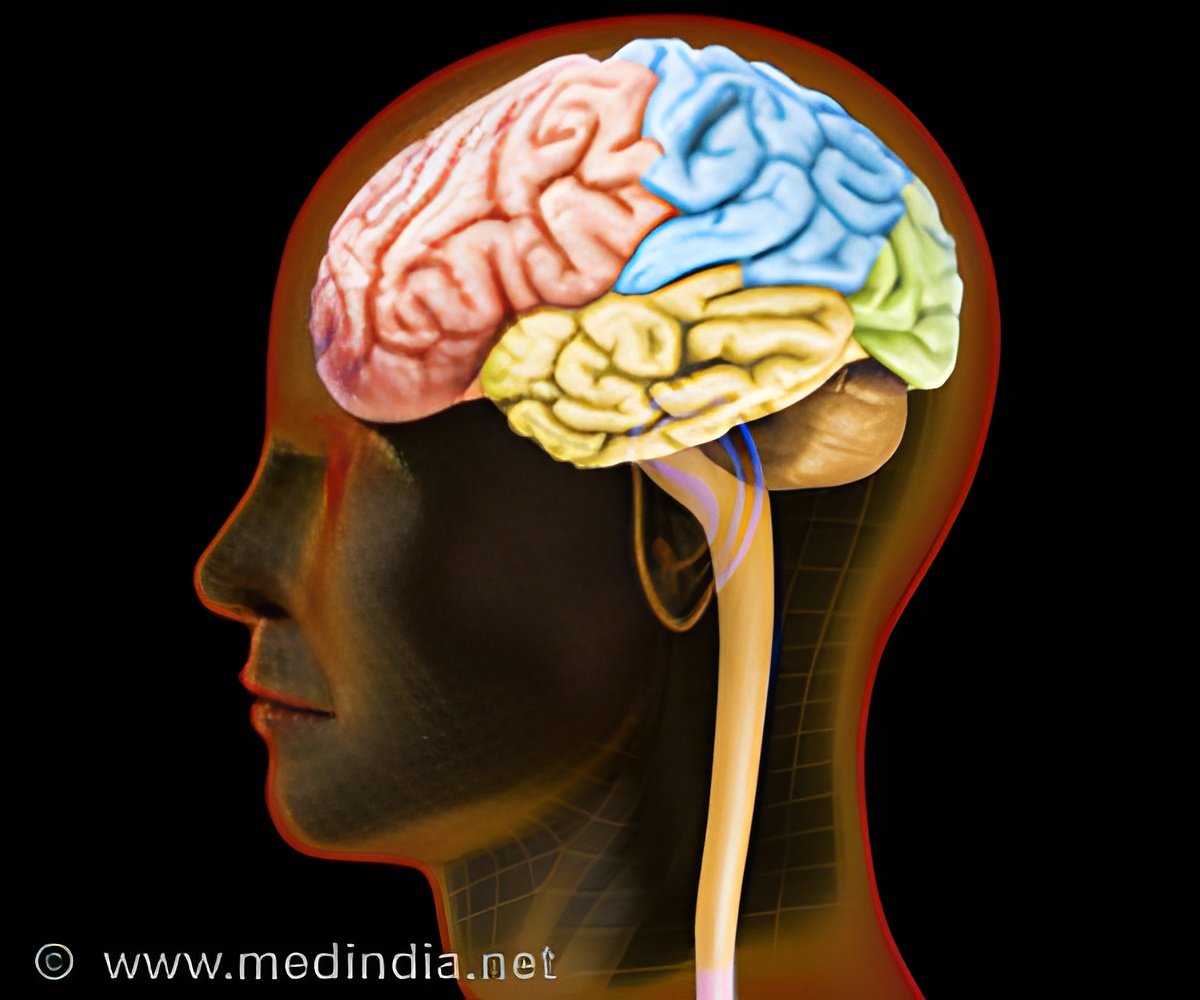
It also sheds light on an ability that is unique to humans among living creatures but poorly understood.
"Speaking is so fundamental to who we are as humans - nearly all of us learn to speak. But it's probably the most complex motor activity we do," said senior author Edward Chang, MD, a neurosurgeon at the UCSF Epilepsy Center and a faculty member in the UCSF Center for Integrative Neuroscience.
The complexity comes from the fact that spoken words require the coordinated efforts of numerous "articulators" in the vocal tract - the lips, tongue, jaw and larynx - but scientists have not understood how the movements of these distinct articulators are precisely coordinated in the brain.
To understand how speech articulation works, Chang and his colleagues recorded electrical activity directly from the brains of three people undergoing brain surgery at UCSF, and used this information to determine the spatial organization of the "speech sensorimotor cortex," which controls the lips, tongue, jaw, larynx as a person speaks. This gave them a map of which parts of the brain control which parts of the vocal tract.
They then applied a sophisticated new method called "state-space" analysis to observe the complex spatial and temporal patterns of neural activity in the speech sensorimotor cortex that play out as someone speaks. This revealed a surprising sophistication in how the brain's speech sensorimotor cortex works.
Advertisement
"These properties may reflect cortical strategies to greatly simplify the complex coordination of articulators in fluent speech," said Kristofer Bouchard, PhD, a postdoctoral fellow in the Chang lab who was the first author on the paper.
Advertisement
Source-ANI










